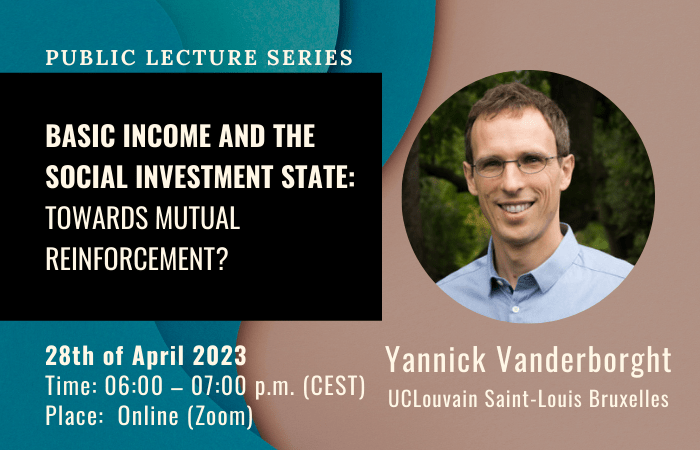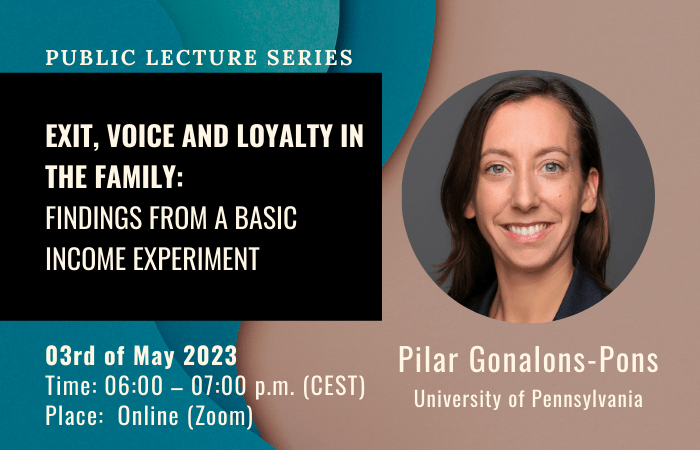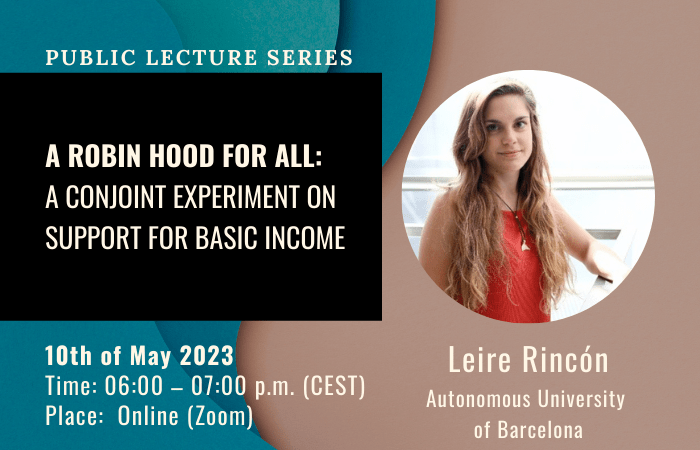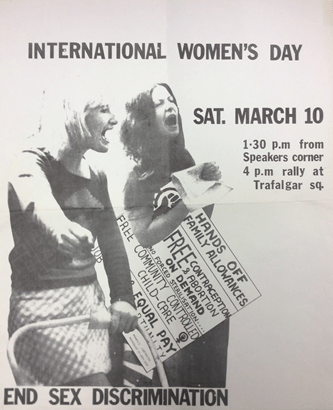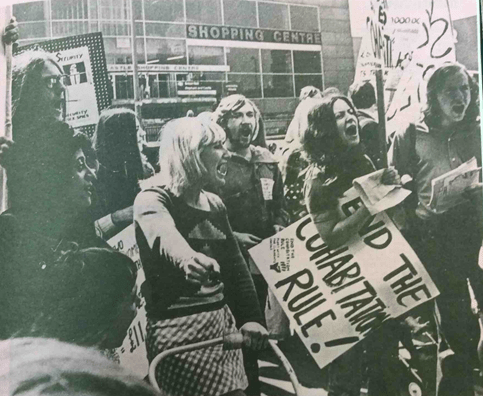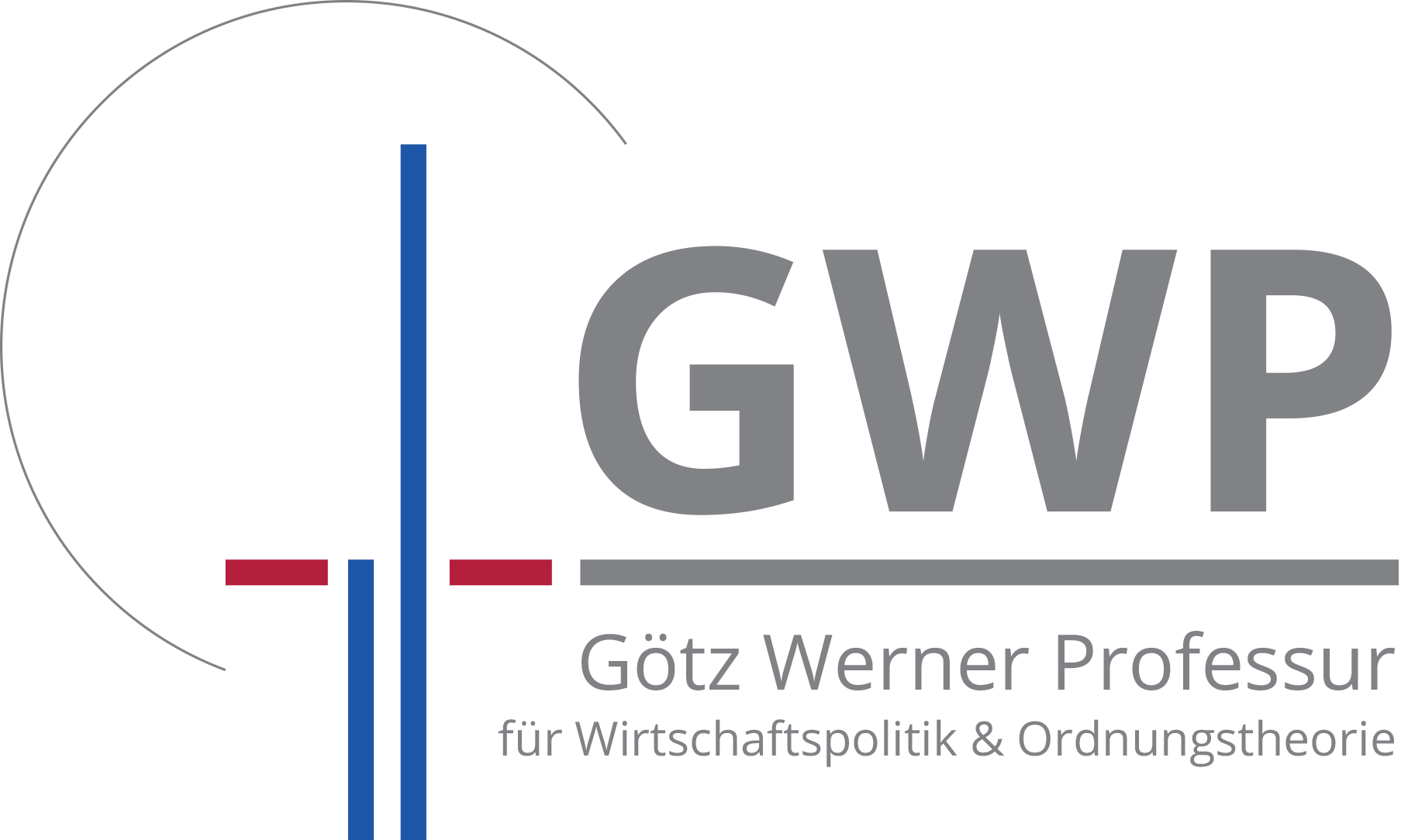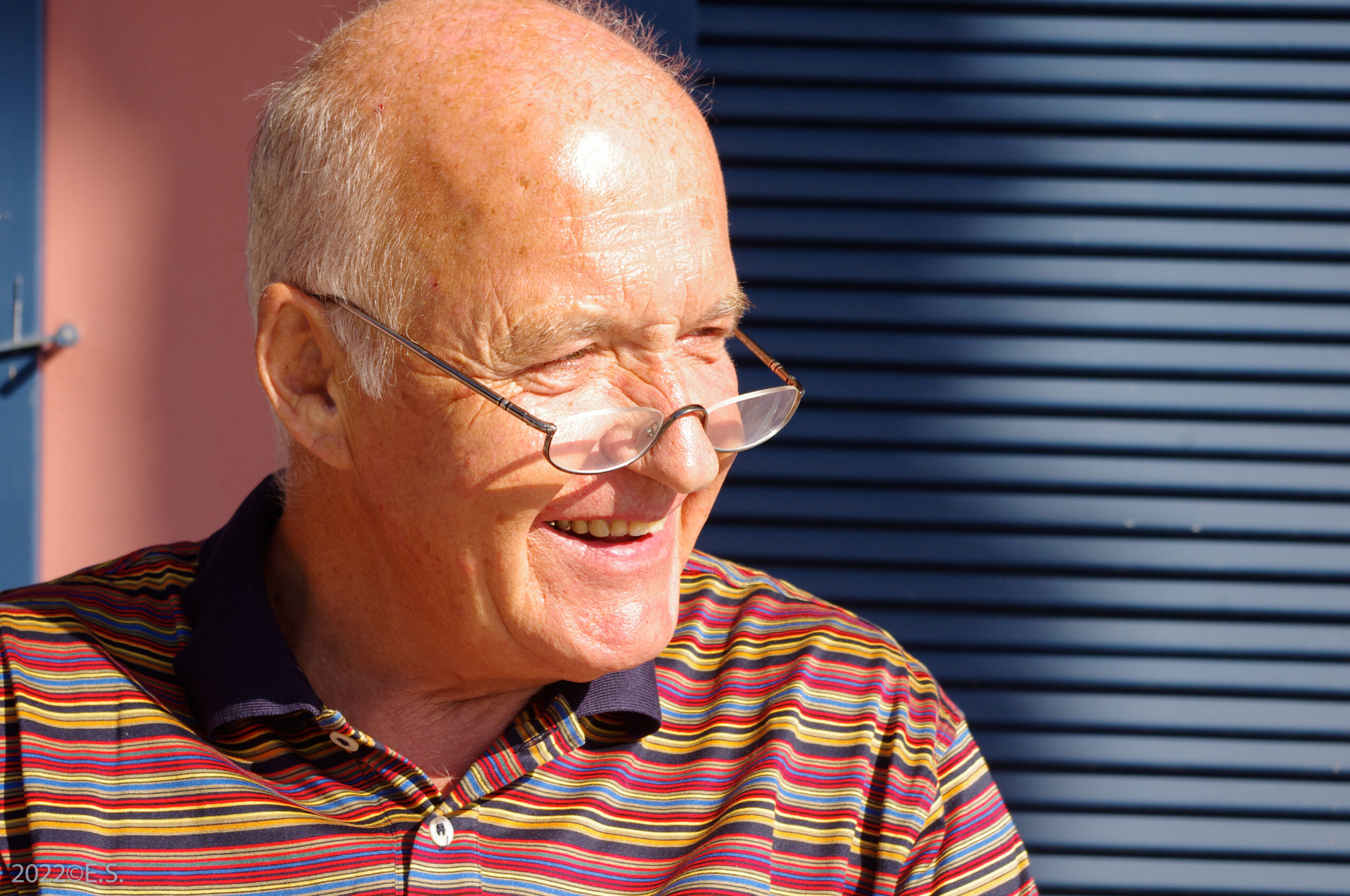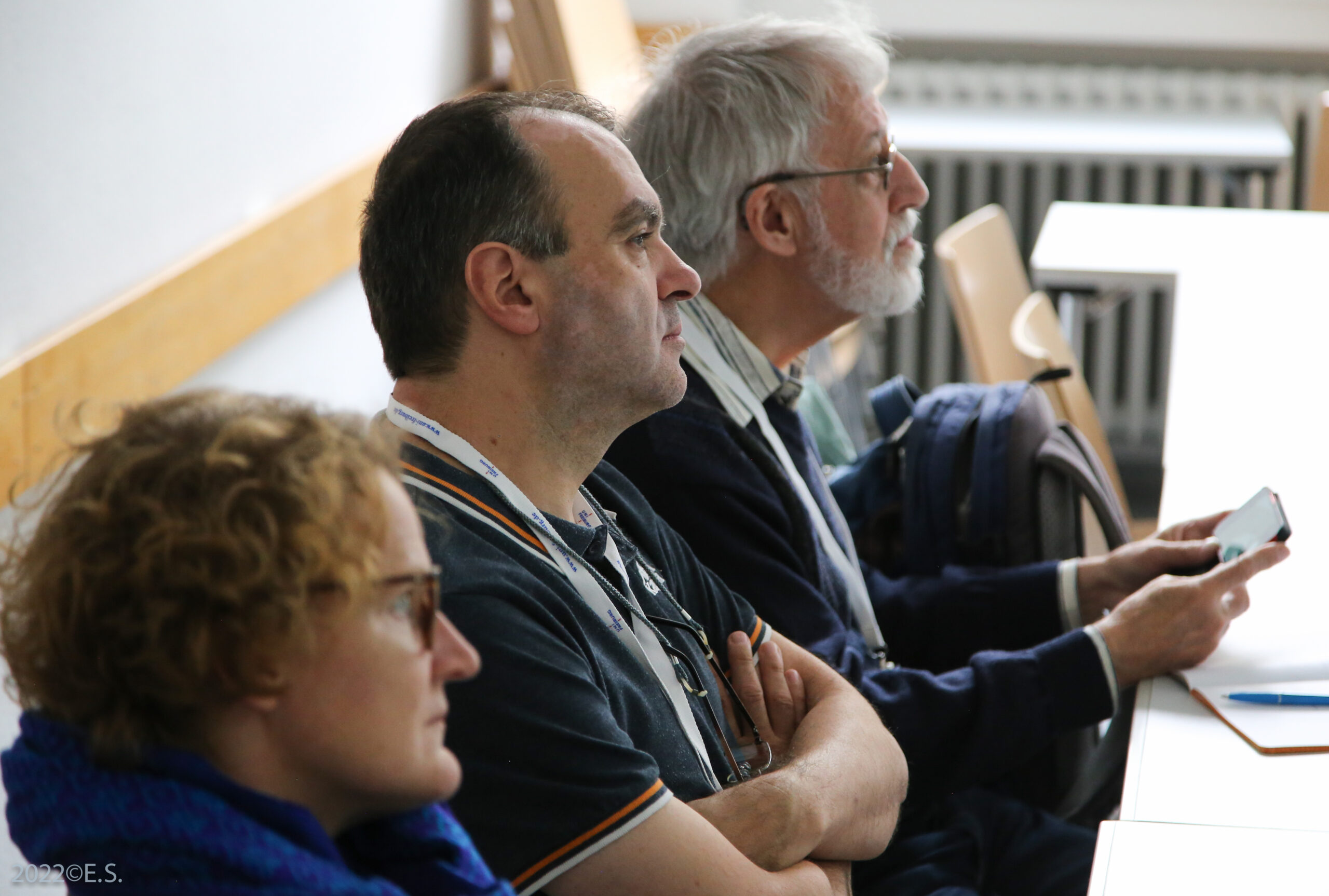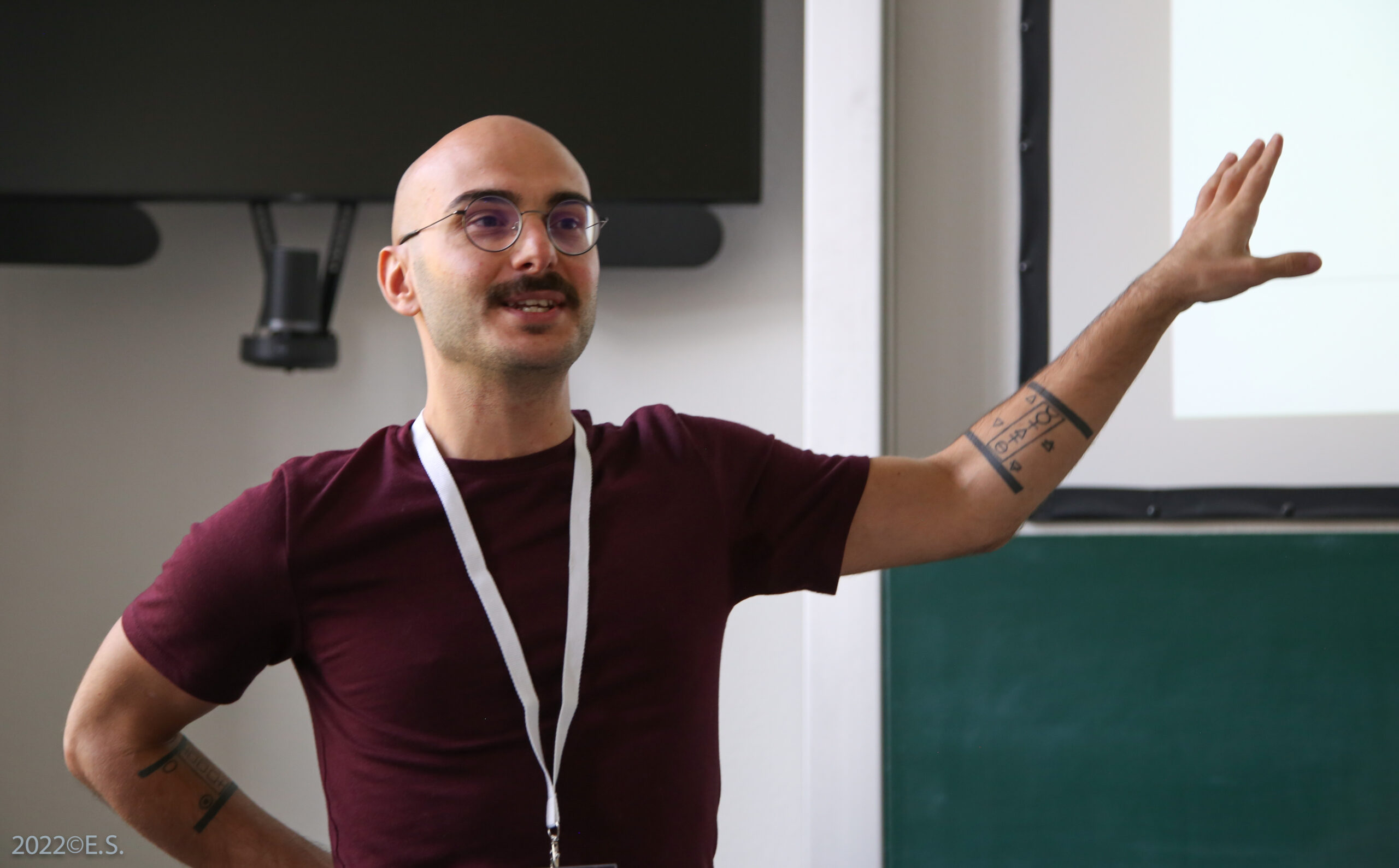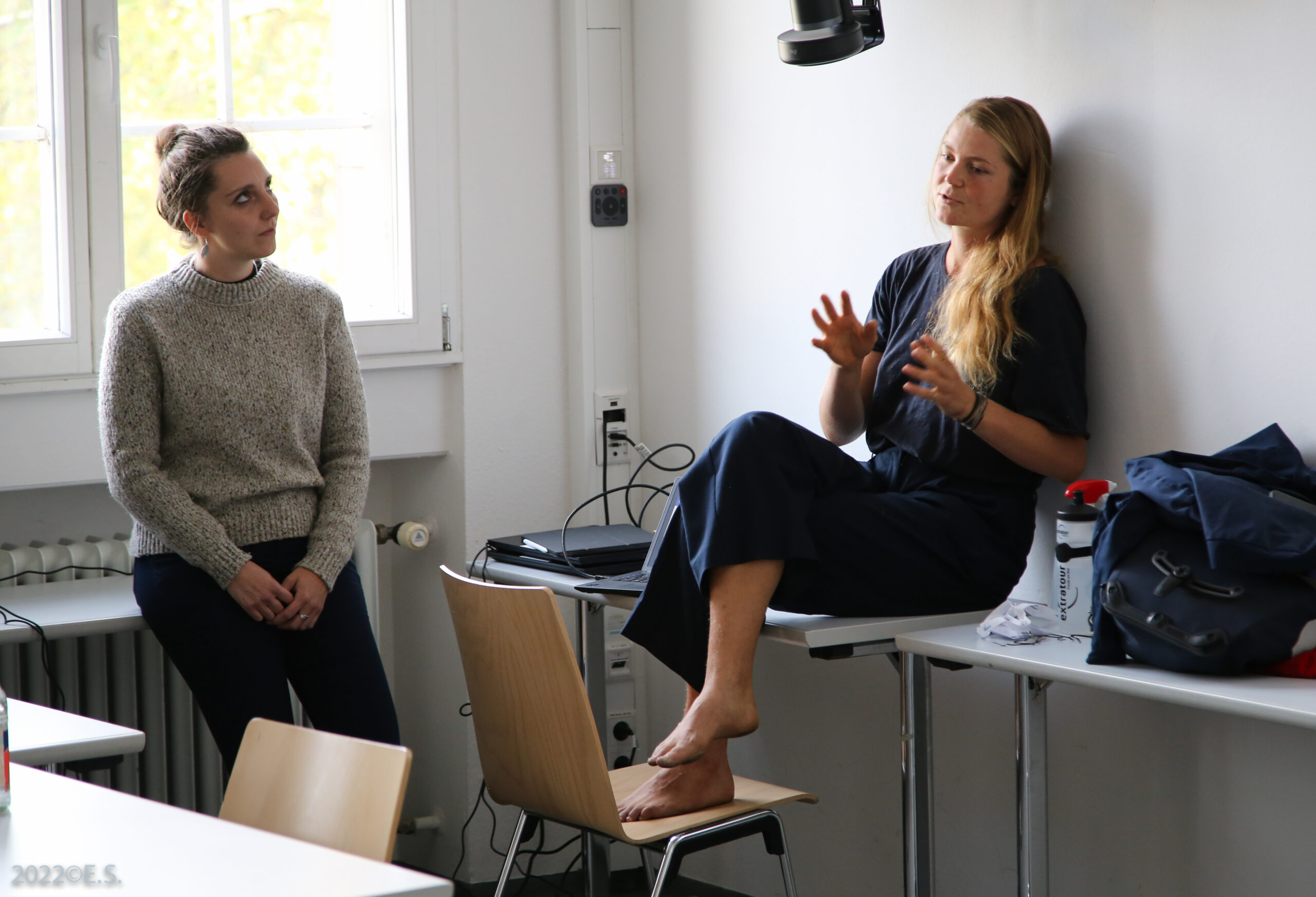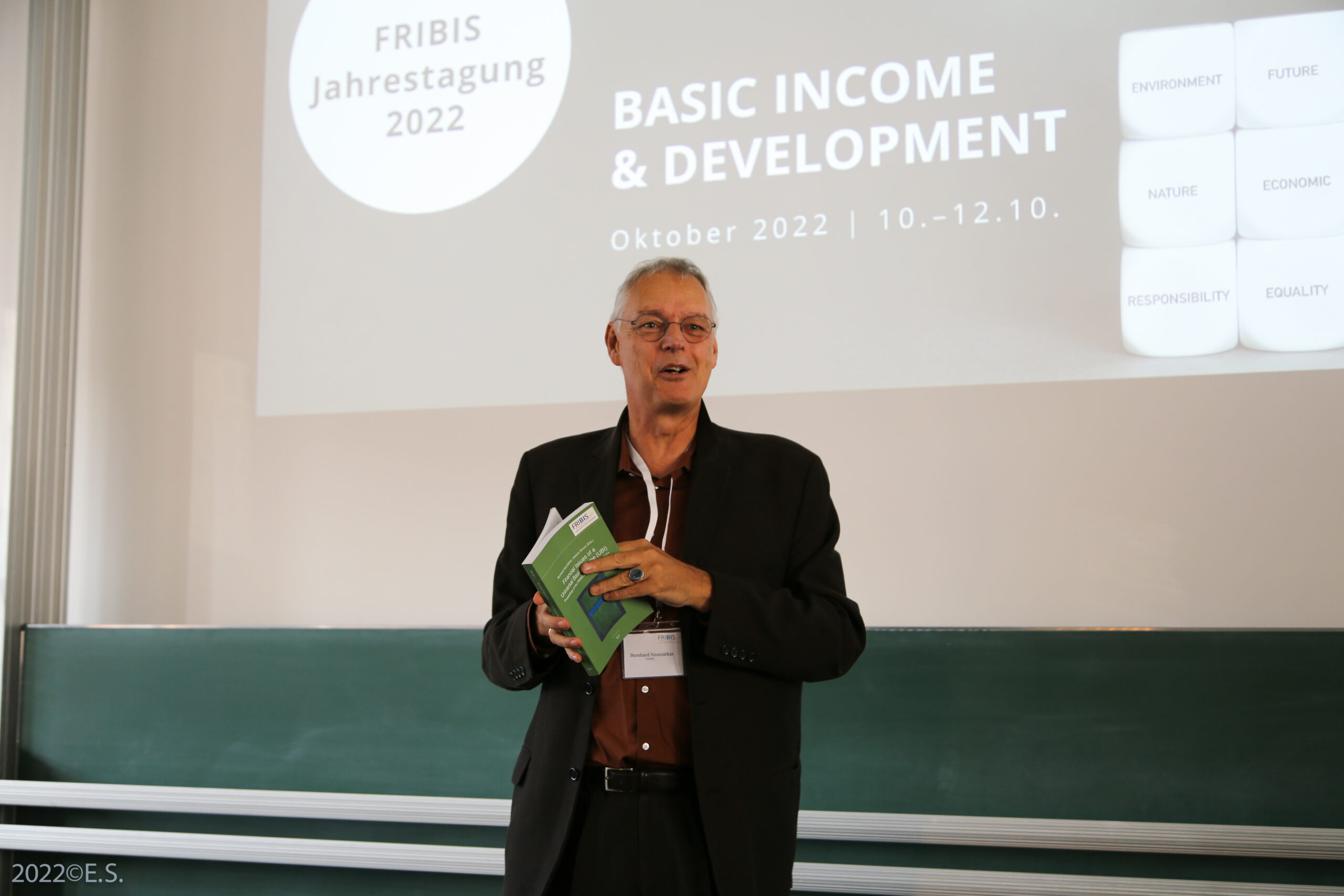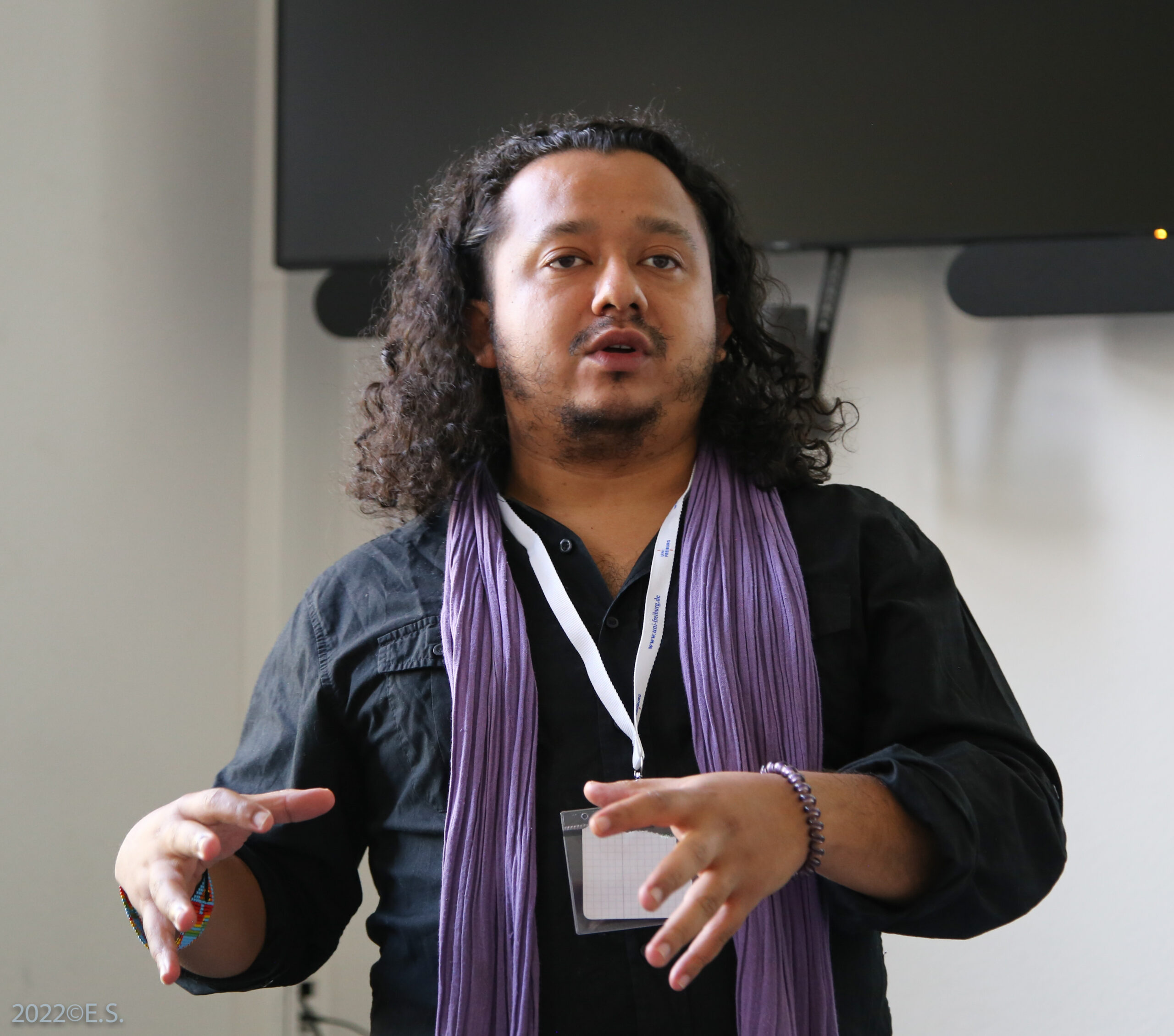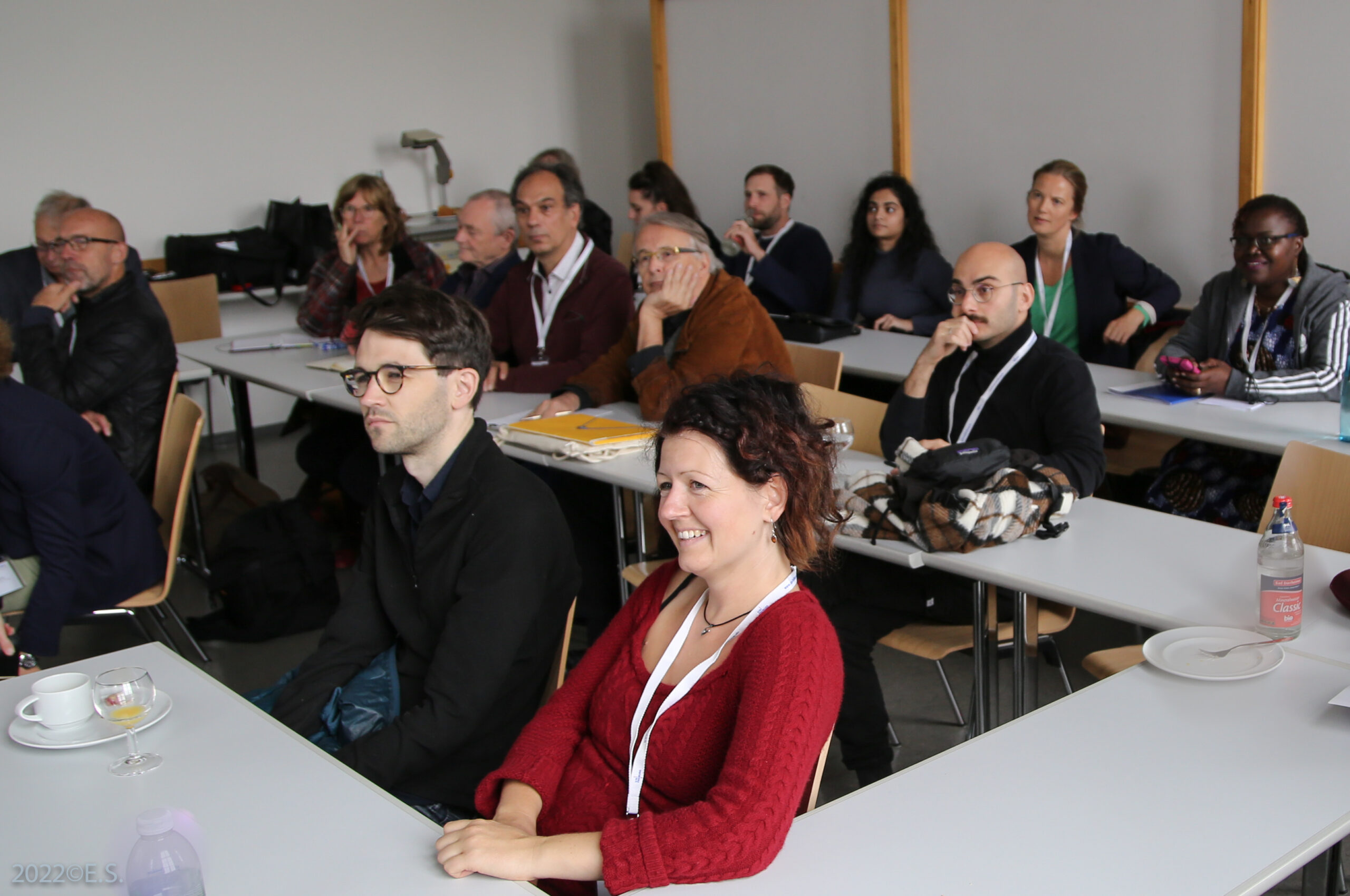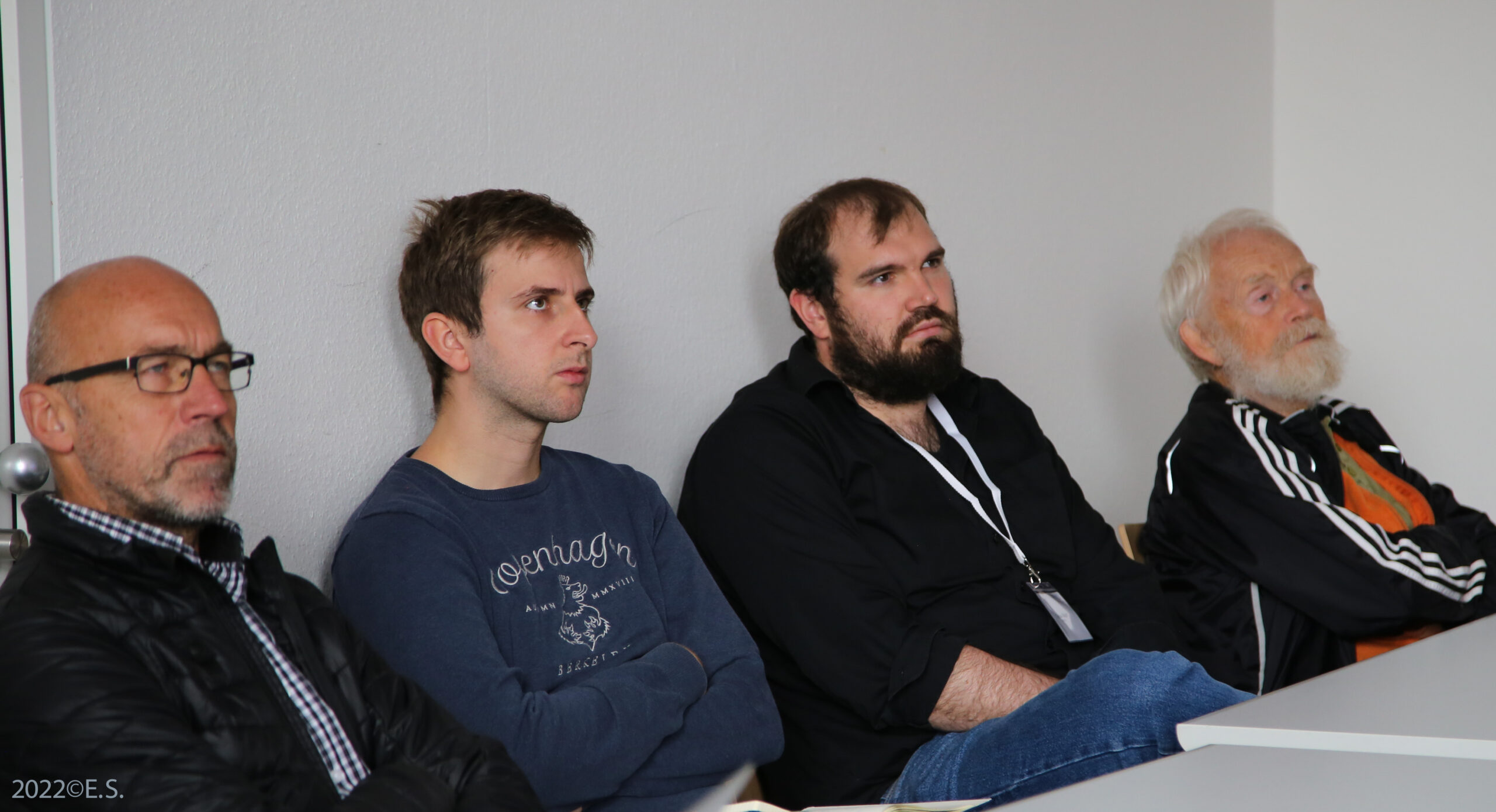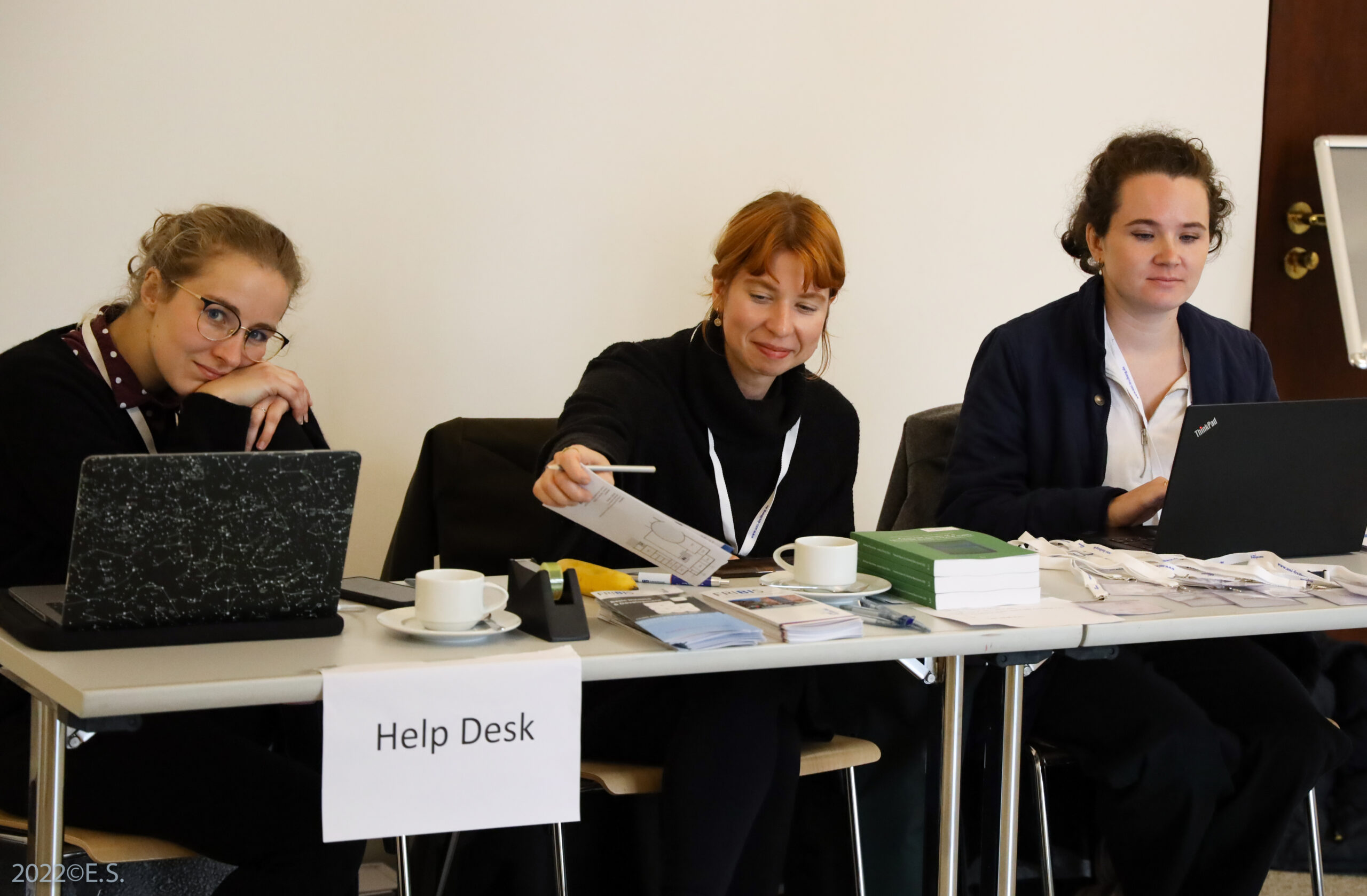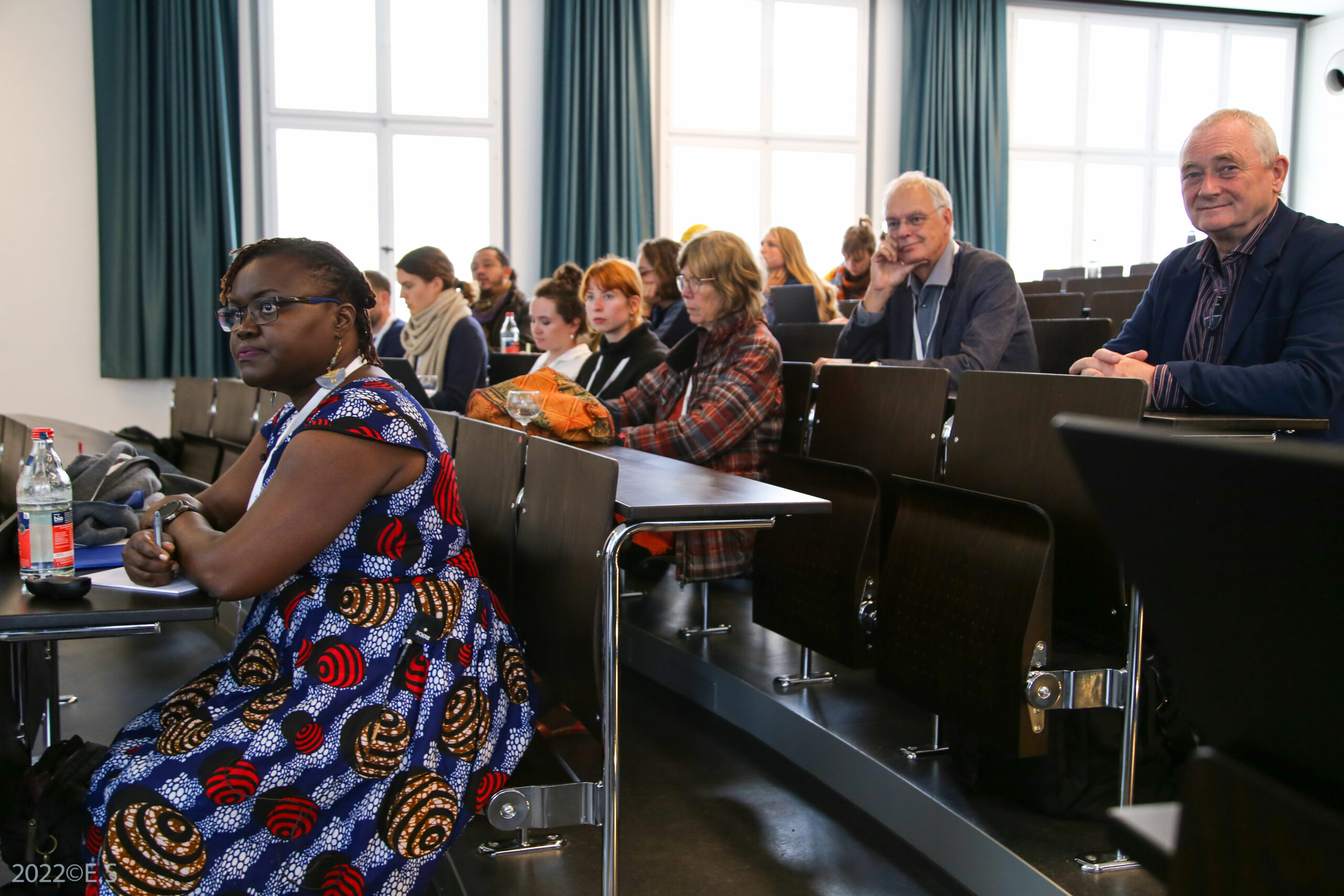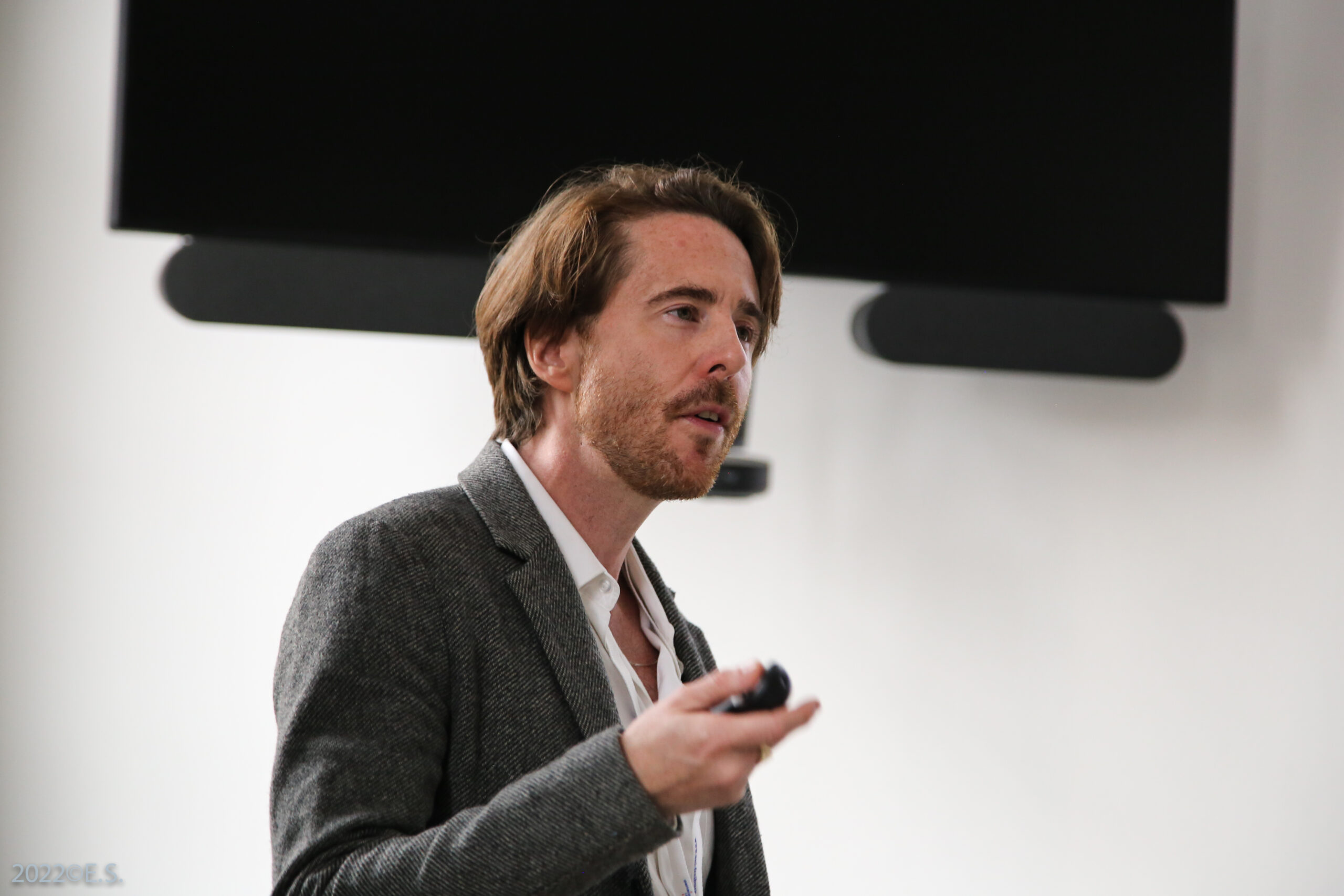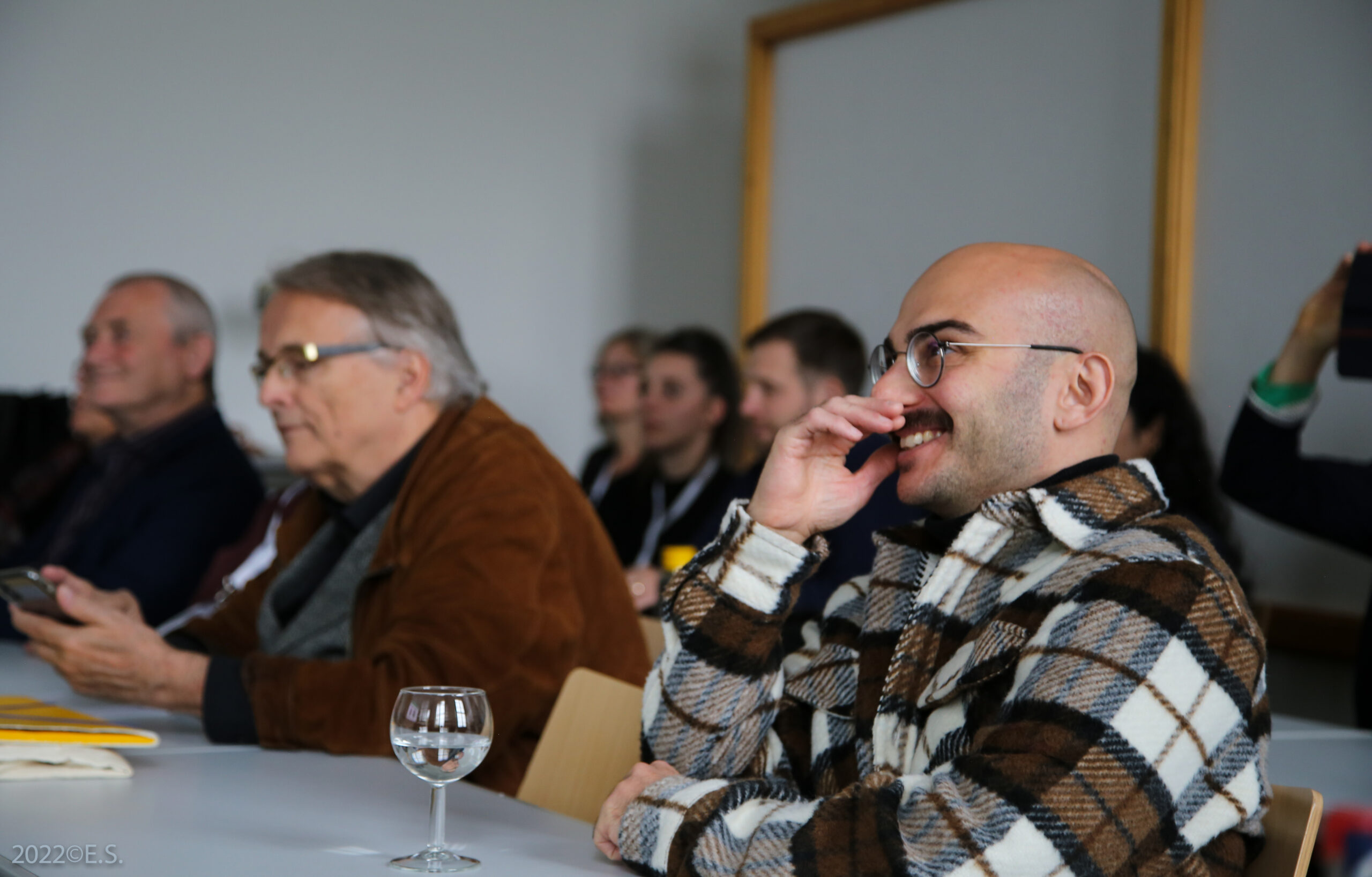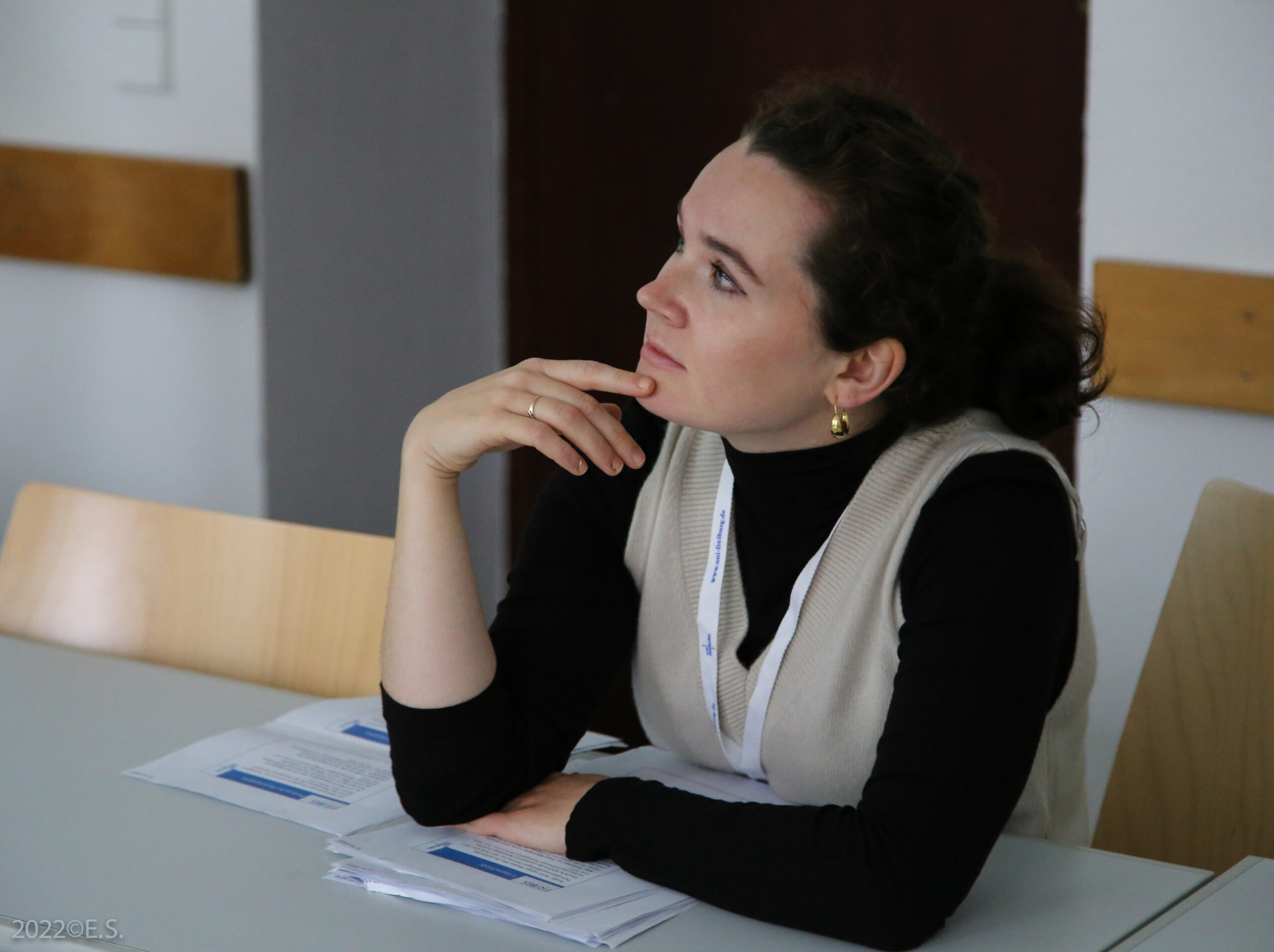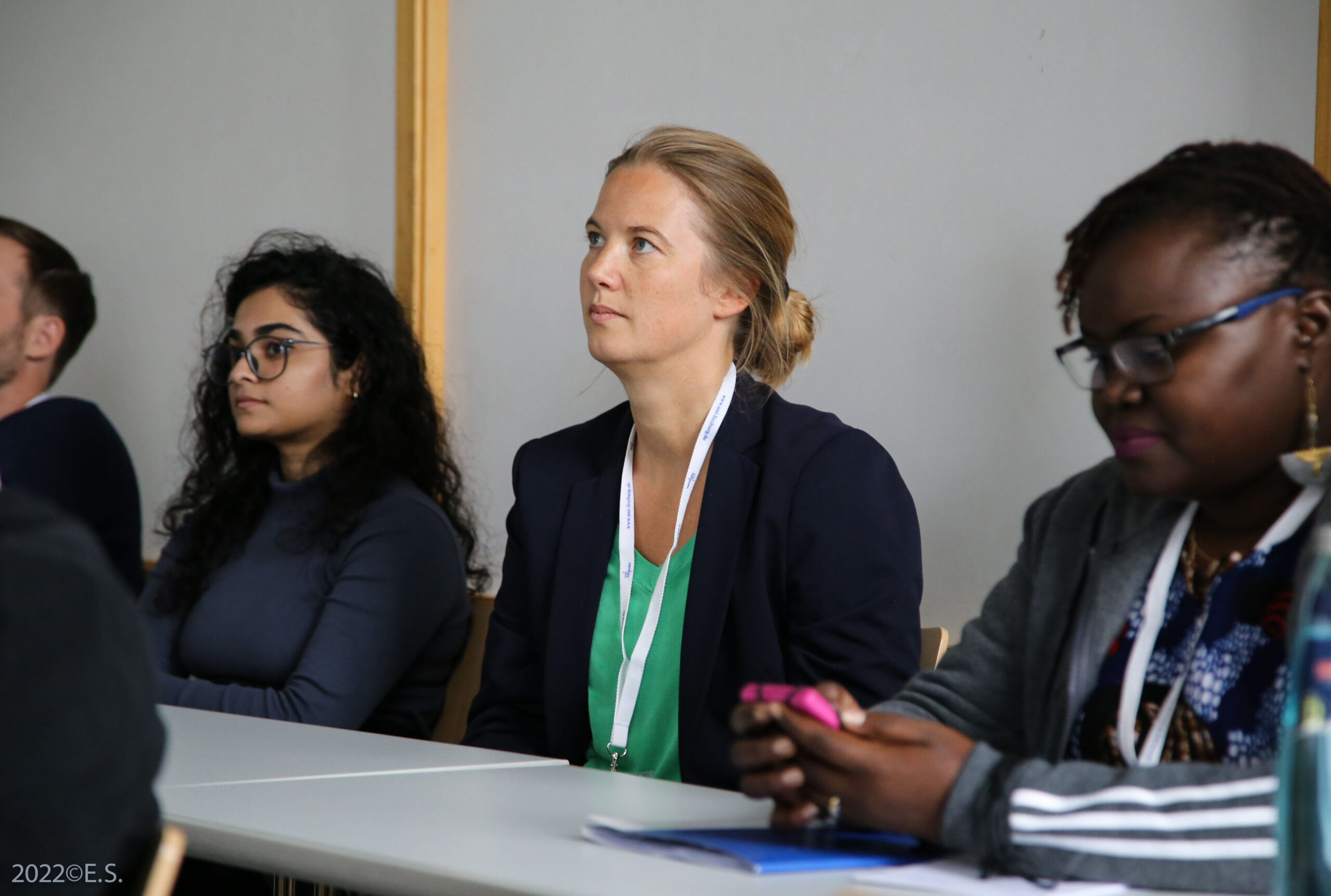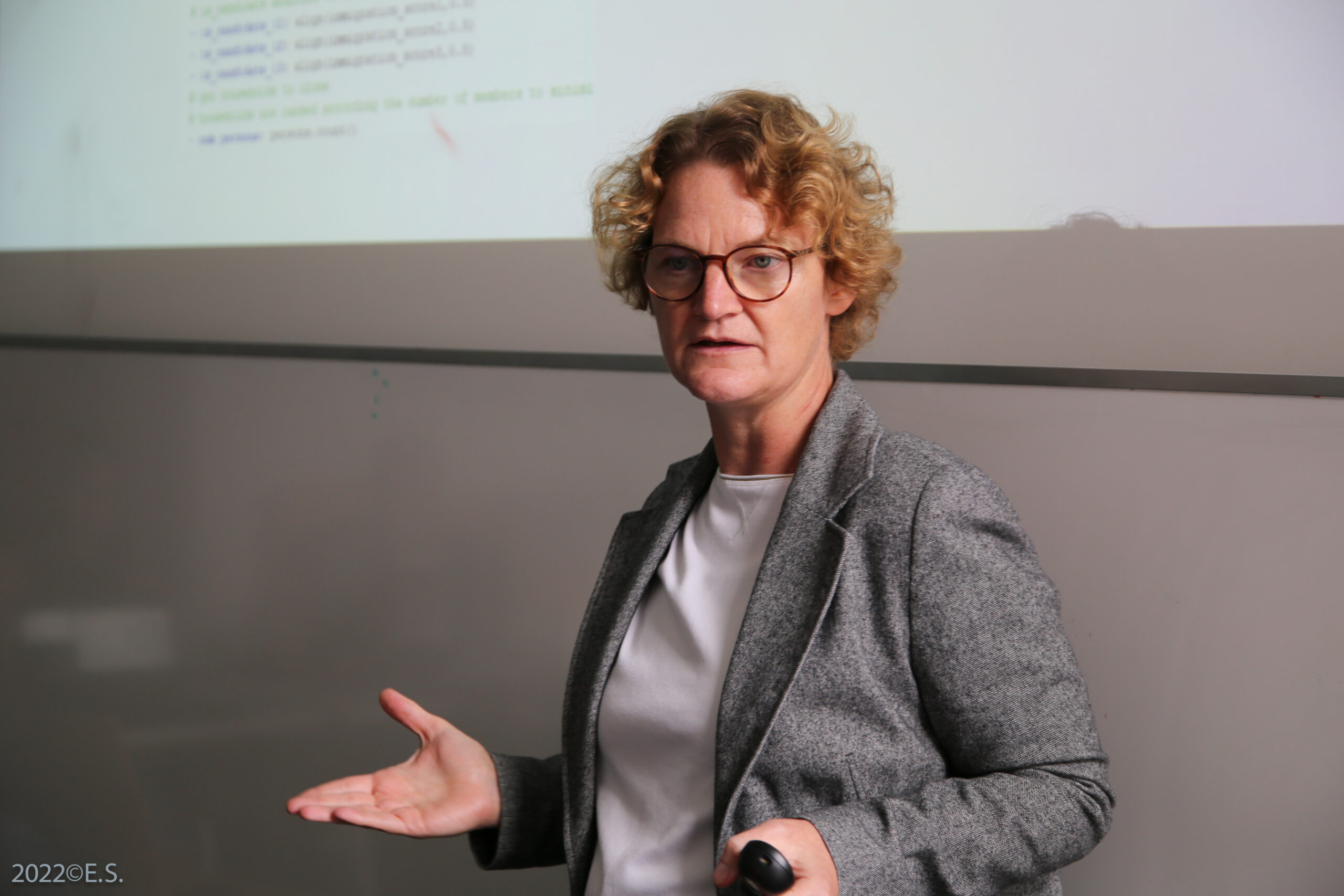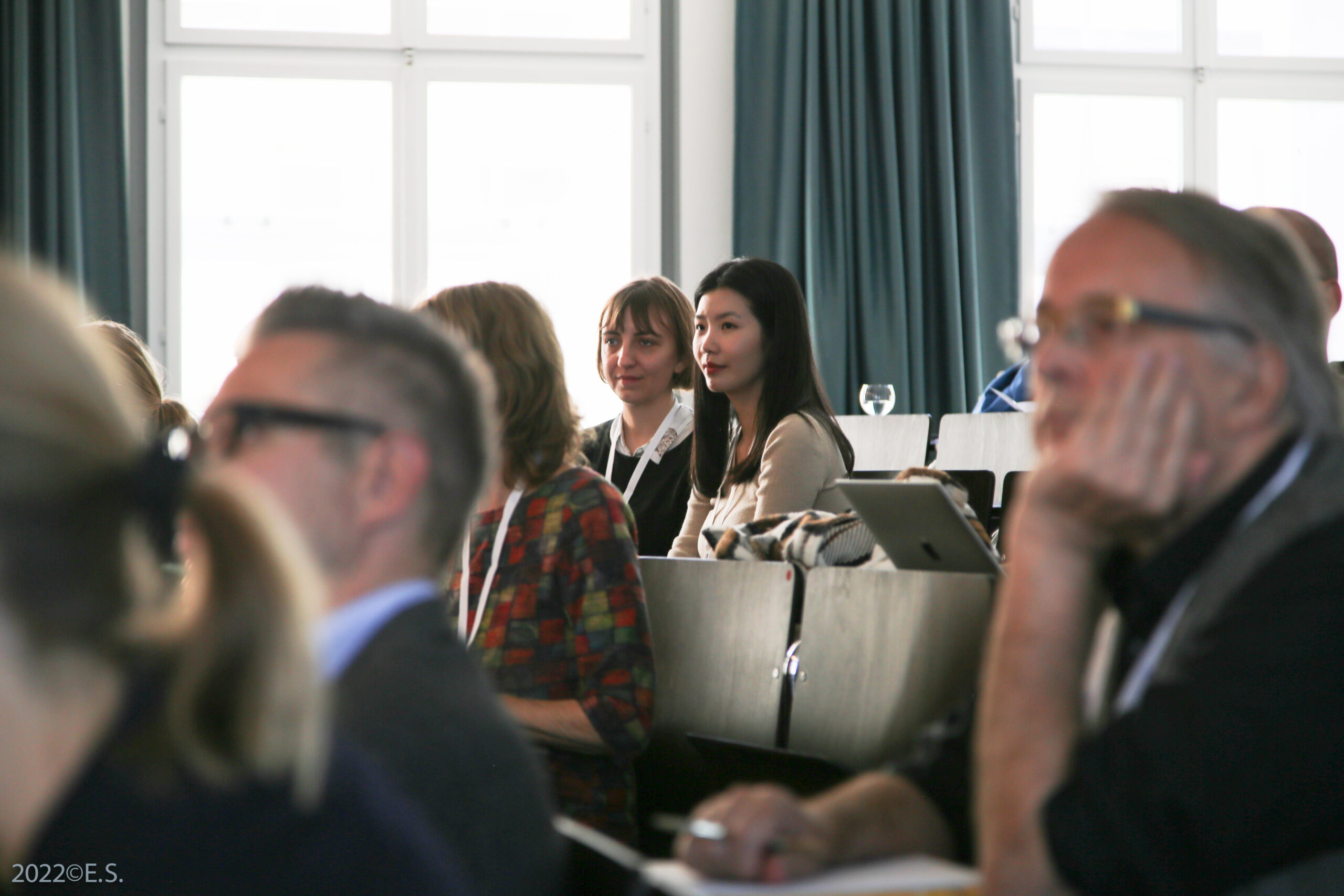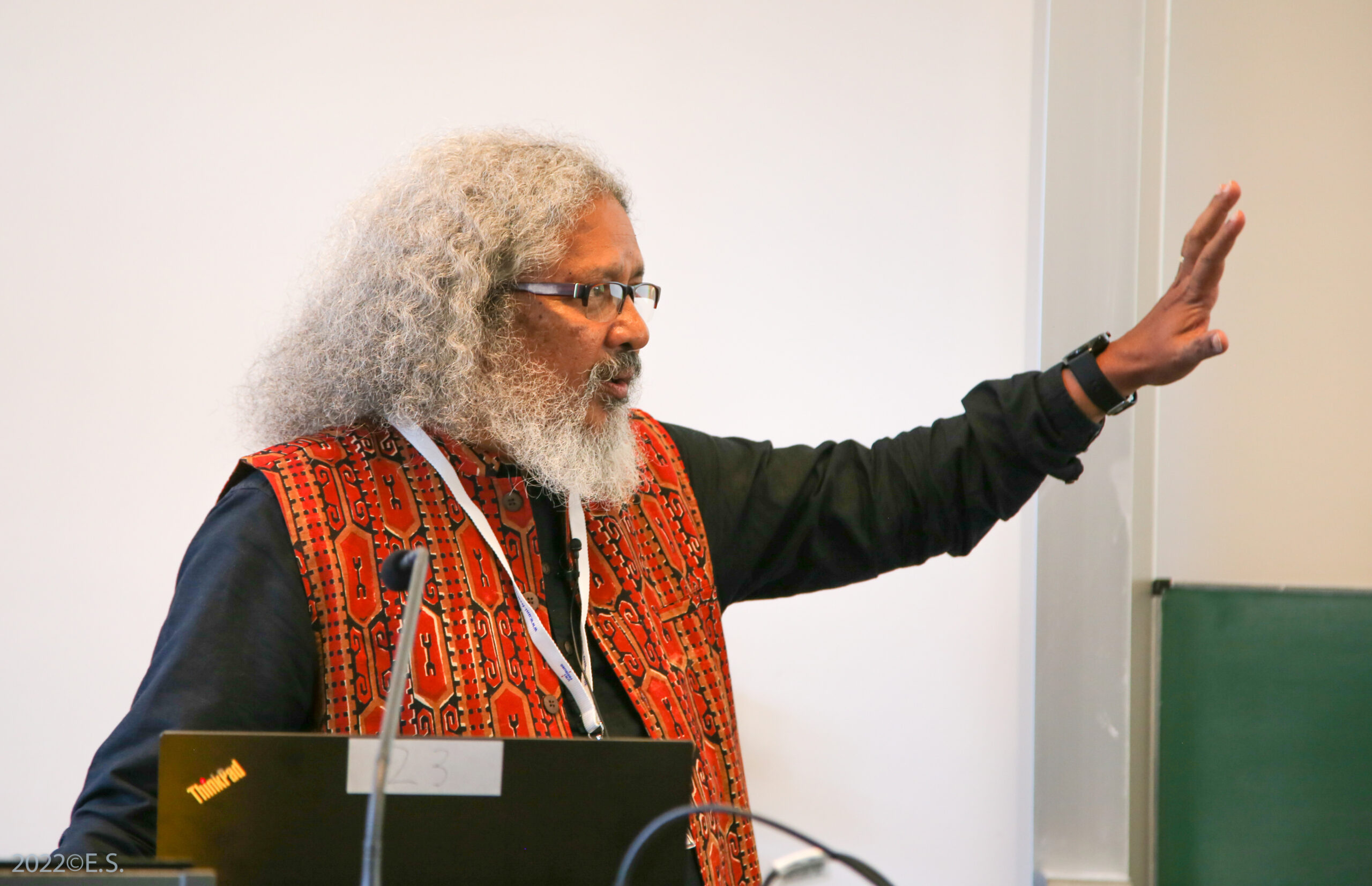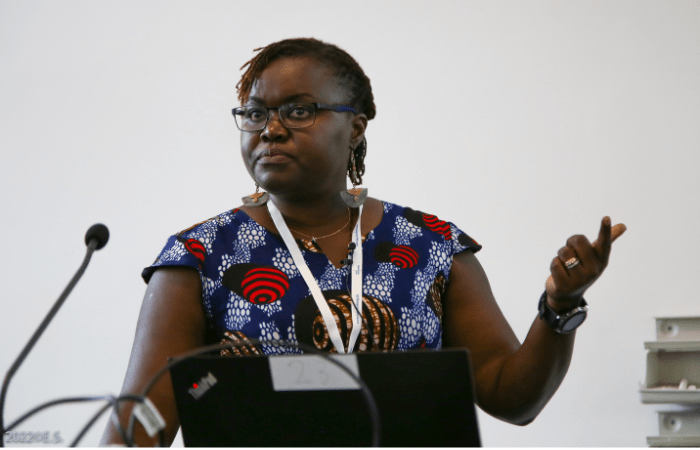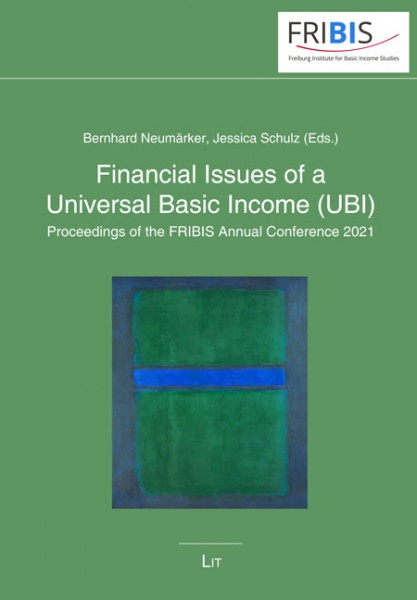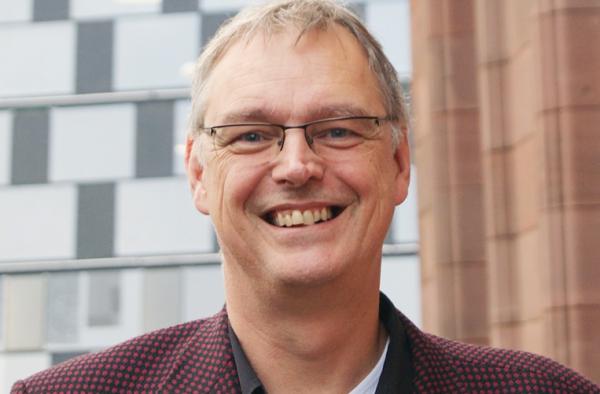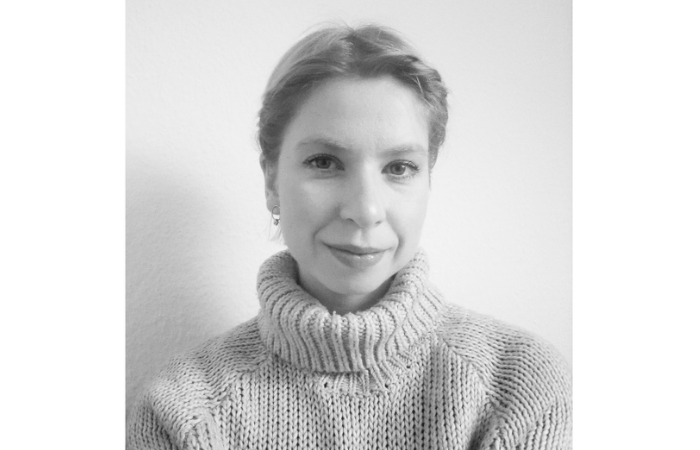The State Of The Art In Basic Income Policy: A Public Lecture Series (hosted by Prof. Dr. Jurgen De Wispelaere)
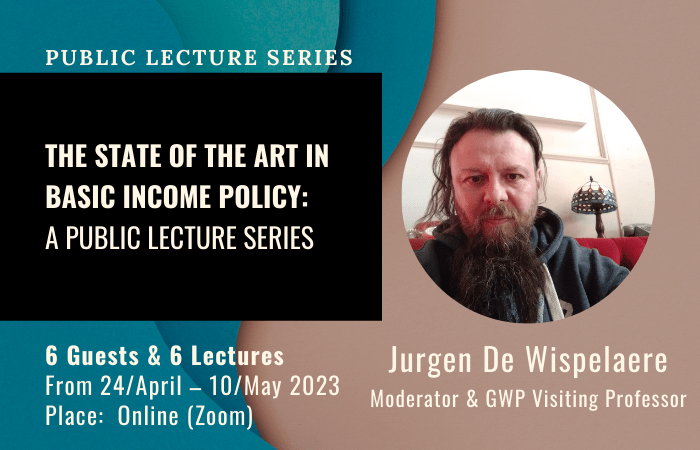
The host of the public seminar series is Professor Jurgen De Wispelaere who is the visiting professor at the Götz-Werner-Chair. Professor De Wispelaere is a political theorist and policy scholar, and a world-leading expert on the politics of basic income. This event series is inspired by the seminar he offers this semester at the University of Freiburg.
On Monday, 24th April, Prof. Dr. Milena Buchs (University of Leeds) will present an evening lecture on “Sustainable welfare: How do universal basic income and universal basic services compare?“.
Video recording:
https://www.youtube.com/watch?v=D9KBiA-TVjE
On Wednesday, 26th April, Assit.-Prof. Dr. Femke Roosma (Tilburg University) will present an evening lecture on “Between left and right: A discourse network analysis of Universal Basic Income on Dutch Twitter“.
Video recording:
https://www.youtube.com/watch?v=cnyvNsrr8JI
On Friday, 28th April, Prof. Dr. Yannick Vanderborght (UCLouvain Saint-Louis Bruxelles) will present an evening lecture on “Basic Income and the Social Investment State: Towards Mutual Reinforcement?“.
On Wednesday, 3rd May, Assist.-Prof. Dr. Pilar Gonalons-Pons (University of Pennsylvania) will present an evening lecture on “Exit, voice and loyalty in the family: findings from a basic income experiment“.
Video recording:
https://www.youtube.com/watch?v=BsMHDoGm6JU
On Monday, 8th May, Prof. Dr. Tim Vlandas (University of Oxford) will present an evening lecture on “The political economy of individual-level support for the basic income in Europe“.
Video recording:
https://www.youtube.com/watch?v=Pjfx0YeQ_kY
On Wednesday, 10th May, Dr. Leire Rincón (Autonomous University of Barcelona) will present an evening lecture on “A Robin Hood for all: a conjoint experiment on support for basic income“.
Video recording: https://www.youtube.com/watch?v=Z7tSw-0tKKI


